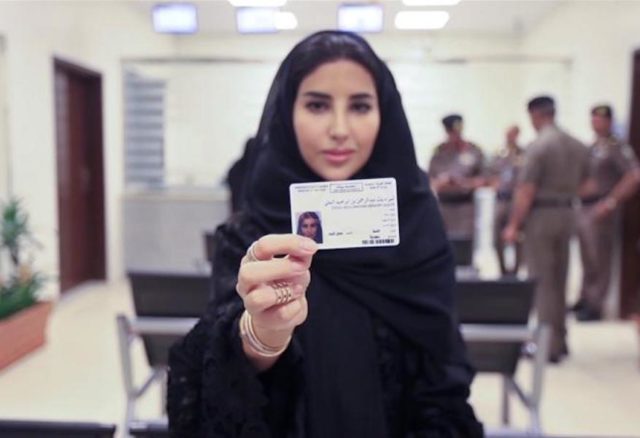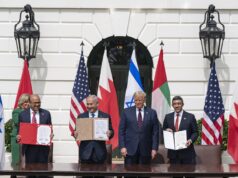Saudi Arabia granted ten women driver’s licenses on Monday, a first for one of the most conservative states in the Arab world. King Salman bin Abdulaziz Al-Saud signed a royal decree granting women the right to drive in September of 2017 as part a plan to slowly liberalize the economy. Prior to the new reform, the kingdom was the only nation in the world where women could not legally obtain a license to drive.
Currently, Saudi Arabia has only issued driver’s licenses to women who already possess internationally recognized permits, and those women only had to take a road test. According to the Ministry of Information, 2,000 more licenses are expected to be issued next week. The initiative remains integral to Crown Prince Mohammed bin Salman’s goal to rebrand the kingdoms and modernize its economy.
To that end, the Crown Prince has issued a series of progressive edicts entitled “Saudi Arabia’s Vision for 2030.” As part of his proposal, the Kingdom began to ease some restrictions on individual liberties that are already common in other parts of the world. Recent reforms include updating the education system to promote STEM and higher education, lifting bans on women in sports stadiums, and the opening of movie theaters.
While allowing women to drive has been a crucial step in progressing economic change across the highly conservative Arab state, the advancement has not come without complications. According to Human Rights Watch, since May 15th, 2018, Saudi authorities have arrested at least seven women advocating for the termination of male guardianship laws, which dictate that men must chaperone women in their families in daily activities. The government accused protesters of posing a threat to national security, along with four of their male supporters. These advocates could join the other 30 activists and dissidents convicted in Saudi courts for promoting greater equality and freedom for women since 2011.
External watchdog organizations have continued to condemn the arrests and treatment of political protesters in Saudi Arabia under the authority of the Crown Prince. Samah Hadid, Amnesty International’s Middle East director of campaigns, has been intently analyzing the recent reforms across Saudi Arabia. According to Hadid, “the broader political message here is that authorities are signaling that they are the ones in charge of change.” Hadid continued, “Crown Prince Mohammad bin Salman has presented himself as a ‘reformer,’ but his promises of reform seem entirely superficial as the repression of human rights activists continues unabated.” As the Crown Prince’s continues to carry out Vision 2030 it remains unclear if greater economic opportunities for women will translate into larger social change.





